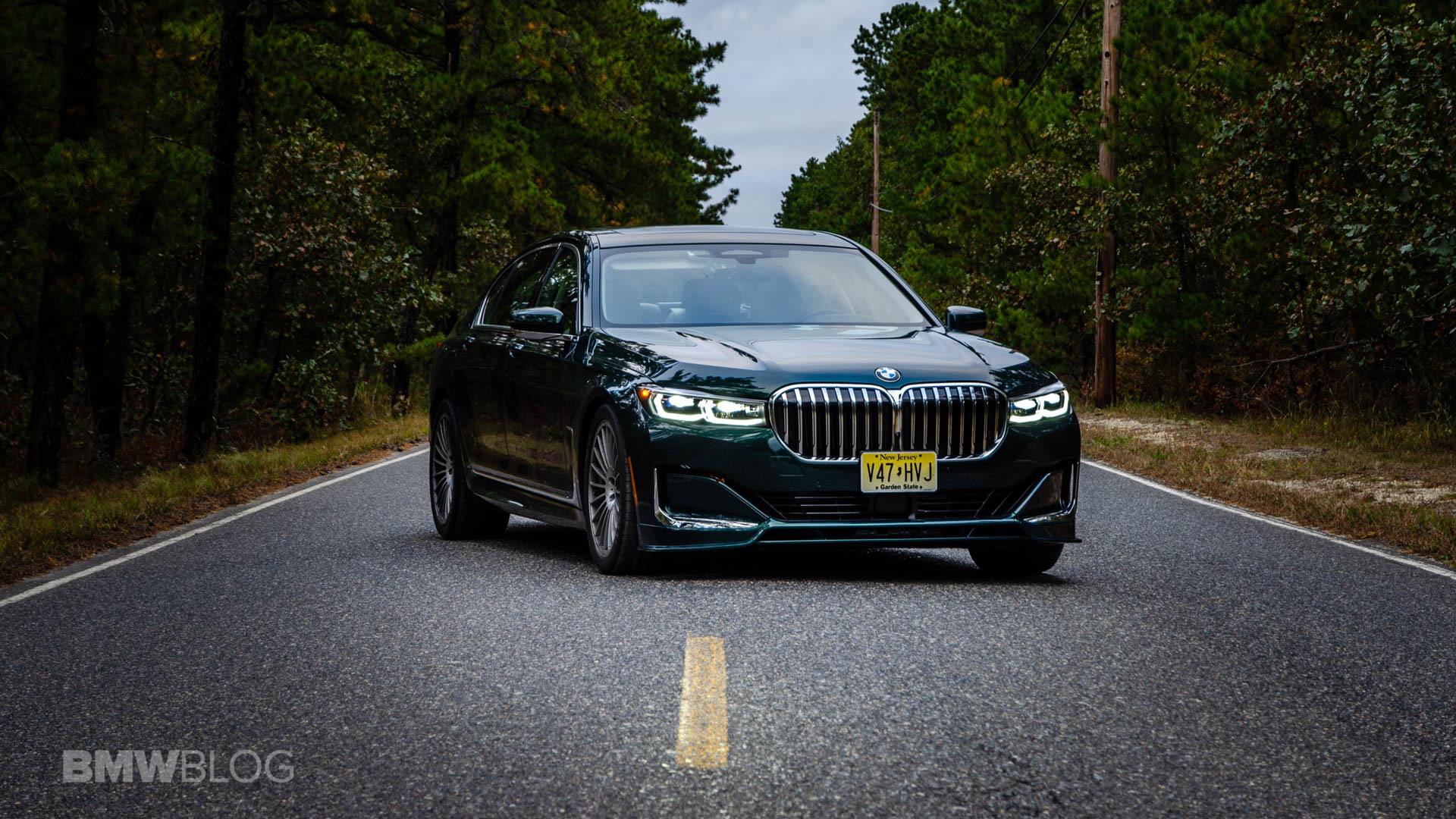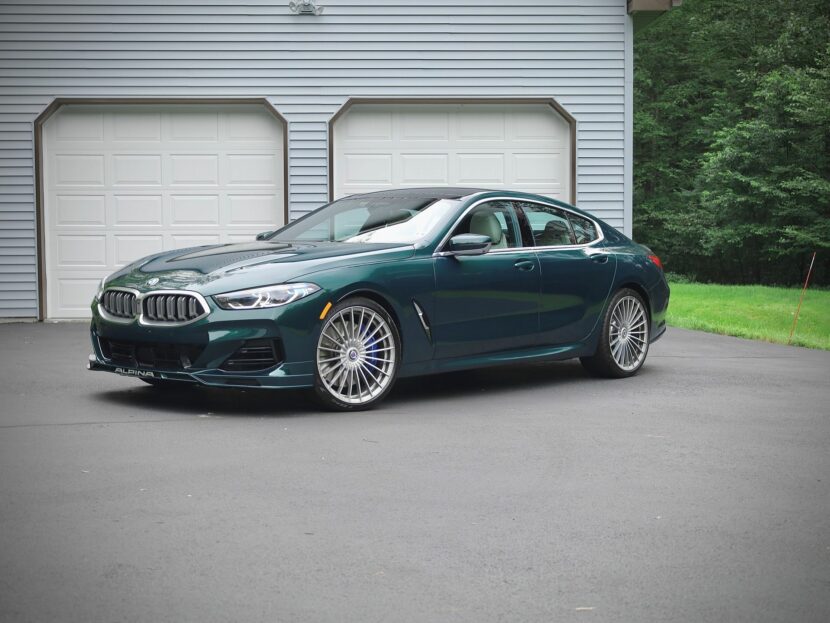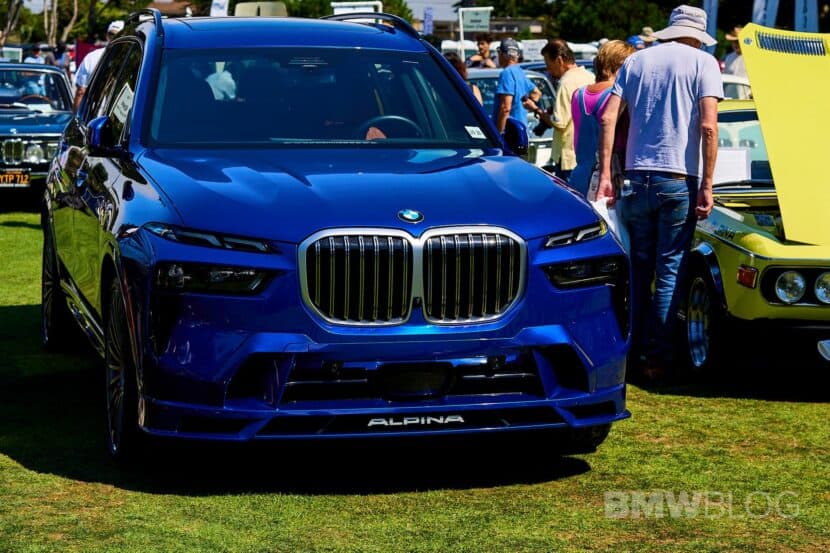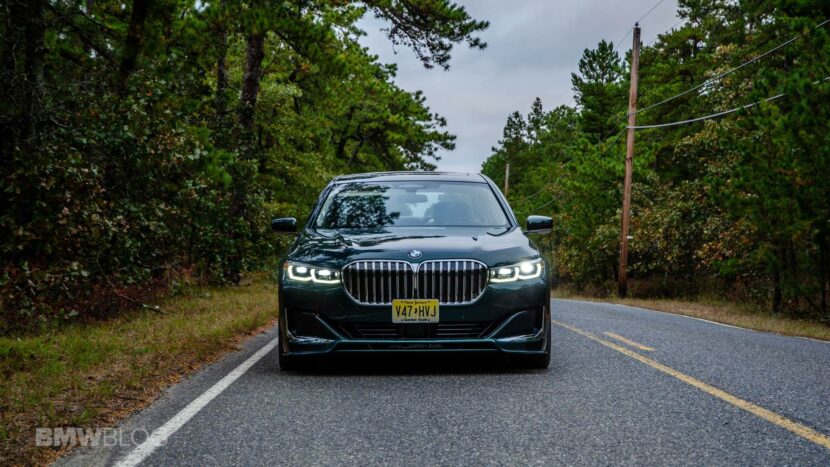The automotive industry received an unexpected surprise in March when the BMW Group announced its intention to acquire the ALPINA brand. Although an agreement had been extended for five years at the close of 2020, the change of ownership isn’t slated to take effect until January 1, 2026. This development naturally raises the question: Why is BMW taking over the Buchloe-based ALPINA?
The ALPINA-BMW Acquisition: Timing and Implications
The driving force behind this decision primarily stems from increasingly stringent emissions regulations, which ALPINA would find challenging to meet independently. Consequently, starting in 2026, BMW will have full control over ALPINA cars. The question that looms large is how this brand will integrate within BMW’s existing portfolio.
ALPINA Under BMW’s Wing: Finding Its Place in the Portfolio
Currently, BMW has its “GKL family,” encompassing Grand Klasse vehicles such as the 7 Series, 8 Series, and X7. Additionally, there’s the prestigious Rolls-Royce, occupying its unique niche with exclusive offerings and a discerning clientele. So, is there a niche between the GKL family and Rolls-Royce?
Drawing inspiration from Mercedes-Benz’s exploration of Maybach, there might indeed be such a space. Maybach is rumored to expand with exceptionally luxurious models—either highly exclusive limited-run vehicles or even one-of-a-kind creations commissioned by affluent collectors.
BMW’s Rumored Vision: Creating a New Luxury Class with ALPINA
So, what’s BMW’s plan for ALPINA? According to insiders, they are also considering a new Luxury Class, which may not initially be entirely electric. ALPINA’s customers have often expressed a preference for gasoline and diesel engines. BMW has previously ventured into the domain of coachbuilt one-off projects, exemplified by the 3.0 CSL and the rumored upcoming Z4 Touring Coupe. Hence, ALPINA might find a fitting role in serving a specific clientele, but maybe in a more mainstream approach versus the very limited nature of the aforementioned projects.
While the final decision is still in progress, there are rumors suggesting that, before all these changes take effect, we might witness a new ALPINA B7 based on the current generation, but it will coincide with the facelifted 7 Series. The flagship limousine has always been a staple in the ALPINA lineup, so this decision wouldn’t be surprising at all.
Certainly, ALPINA’s renowned brand carries immense value, and BMW is poised to harness its potential, a wise move given its rich history and devoted customer base. We’ll see how things shake off, but for now, what do you think ALPINA’s role should be within the brand?








































































